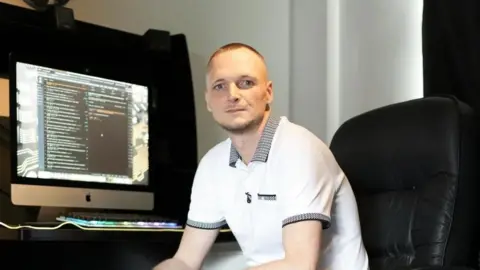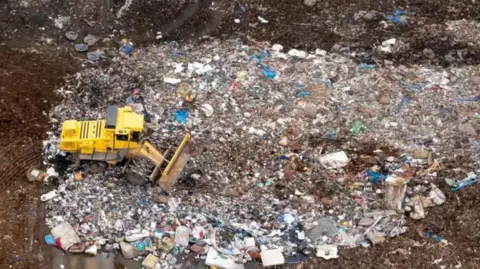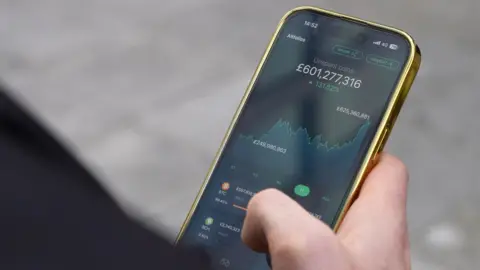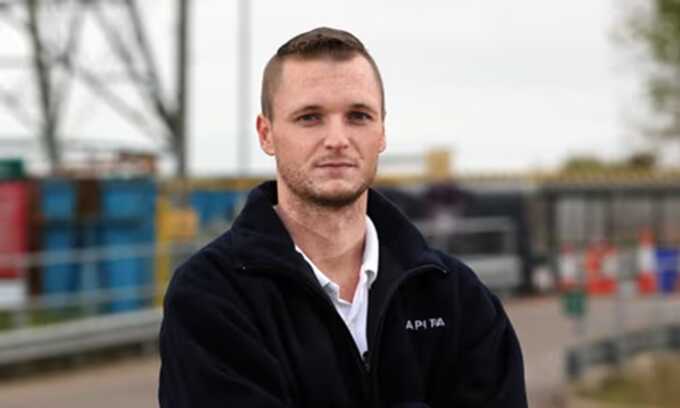Bitcoin miner sues over £600m ’lost in tip’ dispute
A man trying to recover a Bitcoin hard drive in a landfill site which he says is now worth about £600m is "seeking to bribe the council", it has been claimed in court.
Newport council has asked a High Court judge to strike out a claim by James Howells, who is attempting to sue the local authority to gain access to the site or get £495m in compensation.
Council barrister James Goudie KC said Mr Howells’ offer to donate 10% of the Bitcoin to the local community was encouraging the council to "play fast and loose" by "signing up for a share of the action".
Dean Armstrong KC, for Mr Howells, said the "bribery" remark was "an unfortunate and pointless phrase" and said his client had a right to access the site to retrieve his Bitcoin.

Following the hearing in Cardiff, Judge Keyser KC said he would reserve his decision until a later date.
Mr Howells wants access to the Docksway landfill site, where he claims a digital wallet was mistakenly dumped by his former partner.
The hearing was to determine whether the case should go to a full trial.
Mr Howells has argued that his former partner erroneously dumped the hard drive containing a Bitcoin wallet in 2013.
He was an early adopter of cryptocurrencies and successfully created, or "mined", the Bitcoin when it was worth a small fraction of its current value.
After Mr Howells launched legal proceedings, the council applied for a High Court hearing to ask a judge to dismiss the claim before going to trial.

Mr Goudie said there was "no duty" on the council to excavate its landfill site at the request of Mr Howells.
The council argued that the law stated that property deposited at landfill sites belonged to the local authority, and that its environmental permits forbade it from disrupting the area in pursuit of the hard drive.
’Not above the law’
He said the council was "bound by the law" and it was "not obliged to mediate" a claim that it believed was detrimental to the public interest.
"Bitcoin enthusiasts are not above the law," Mr Goudie added.
Mr Goudie also said that the time that had passed since the hard drive was thrown into the landfill meant any claims should no longer be considered.
In asking the judge to allow the case to go to a full trial, Mr Howells’ legal team said there were arguments around the ownership of the hard drive which needed to be developed.

Mr Howells’ barrister also argued that the search for the hard drive would not be "a needle in a haystack case".
He said that "considerable expertise" was involved in planning the excavation, rendering the "haystack much, much smaller".
Mr Armstrong said the court must be "very, very wary of causing a grave injustice to Mr Howells" by refusing to allow the case to go to a full trial.
"We seek, plainly and candidly, a declaration of rights over the ownership of the Bitcoin," Mr Armstrong said.
Read more similar news:
Comments:
comments powered by Disqus


































